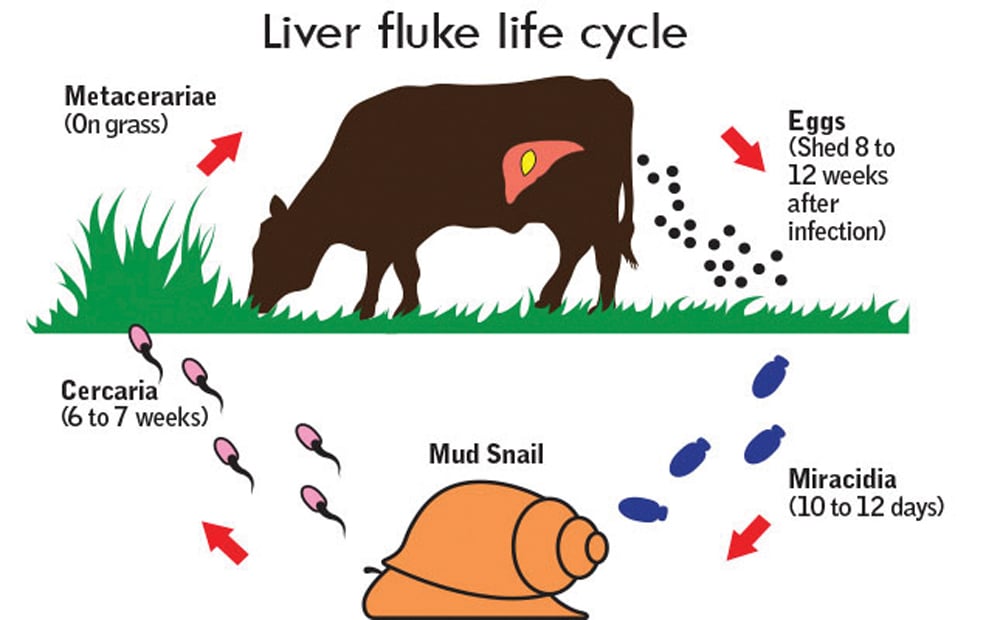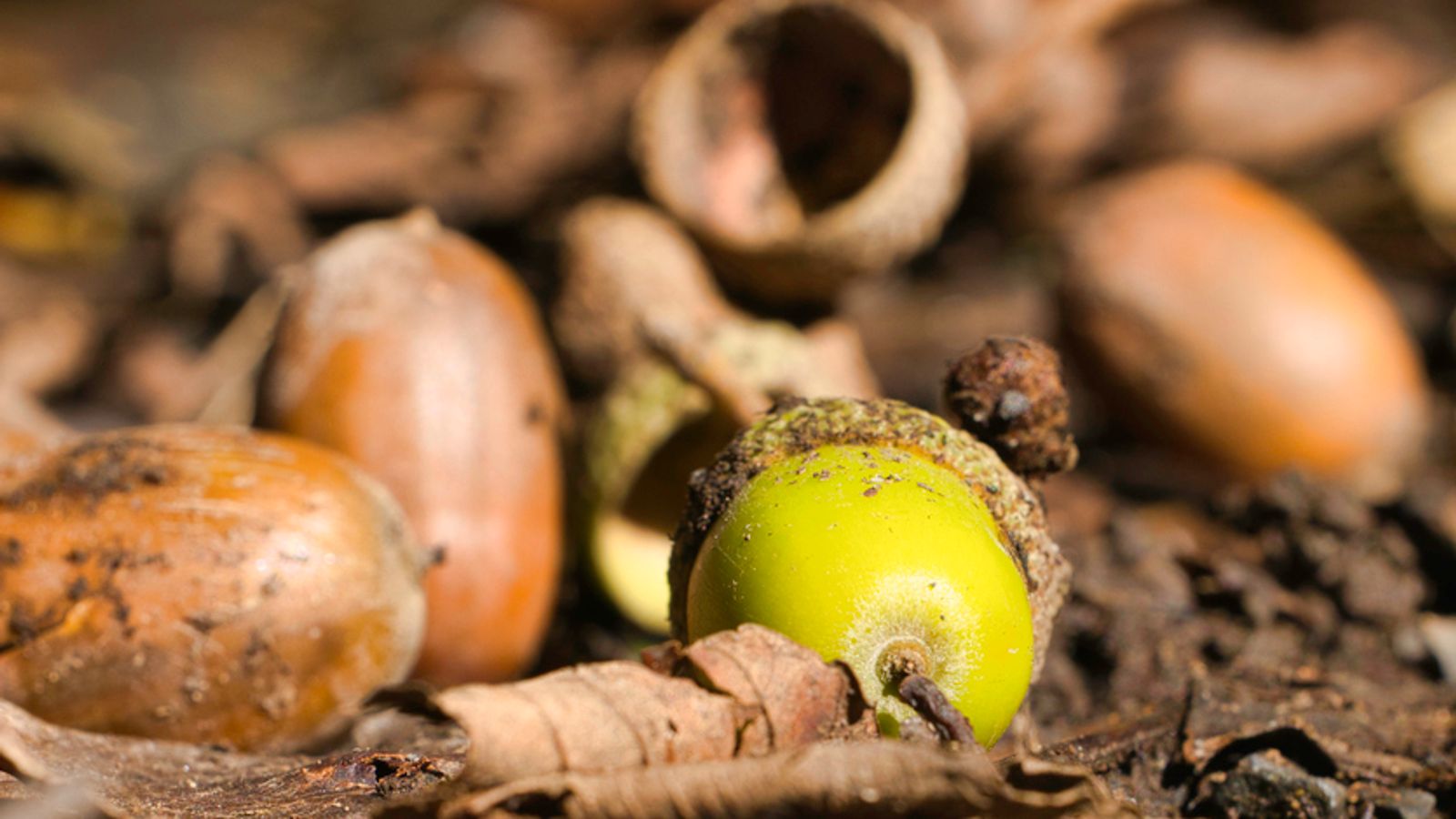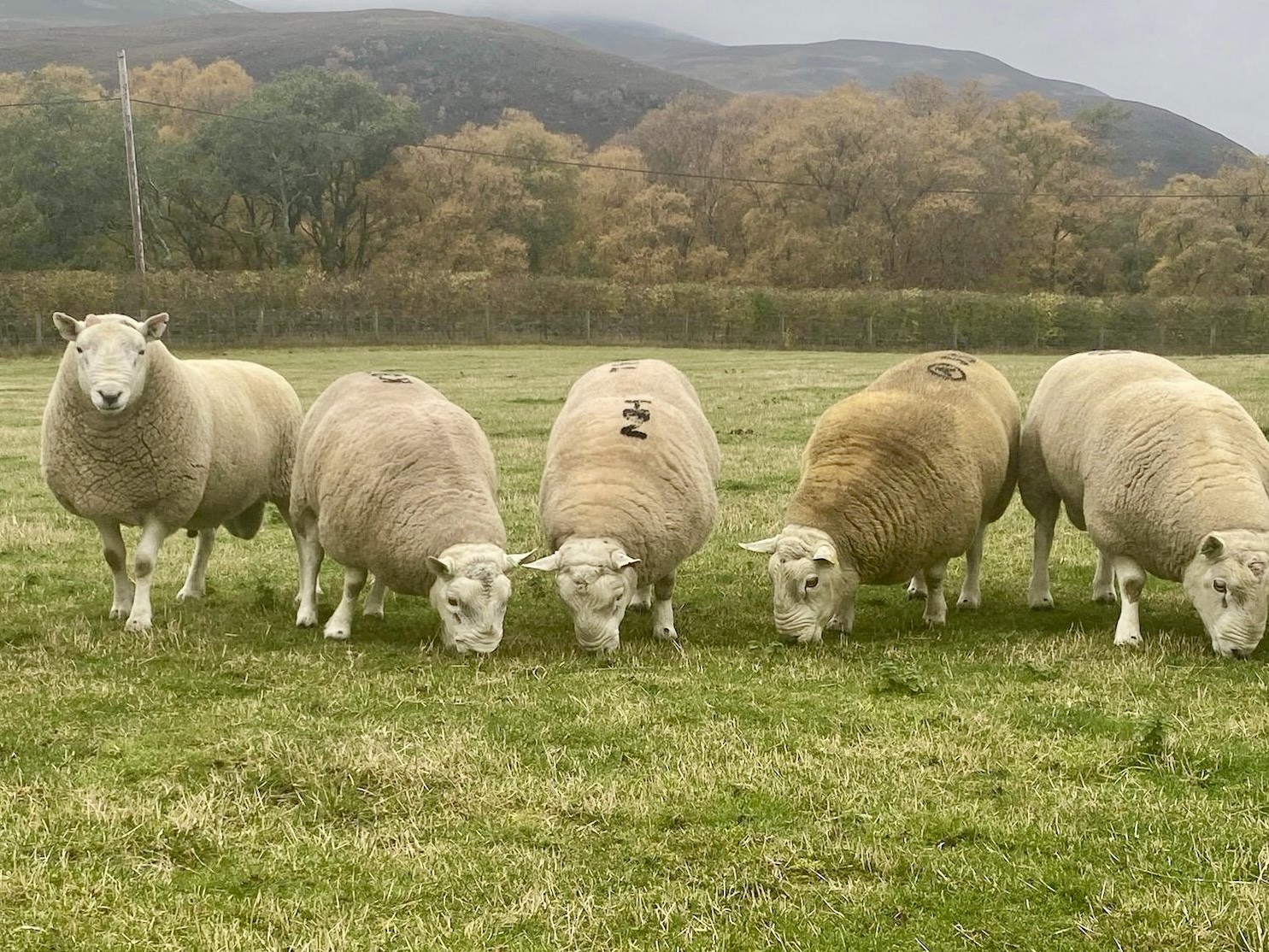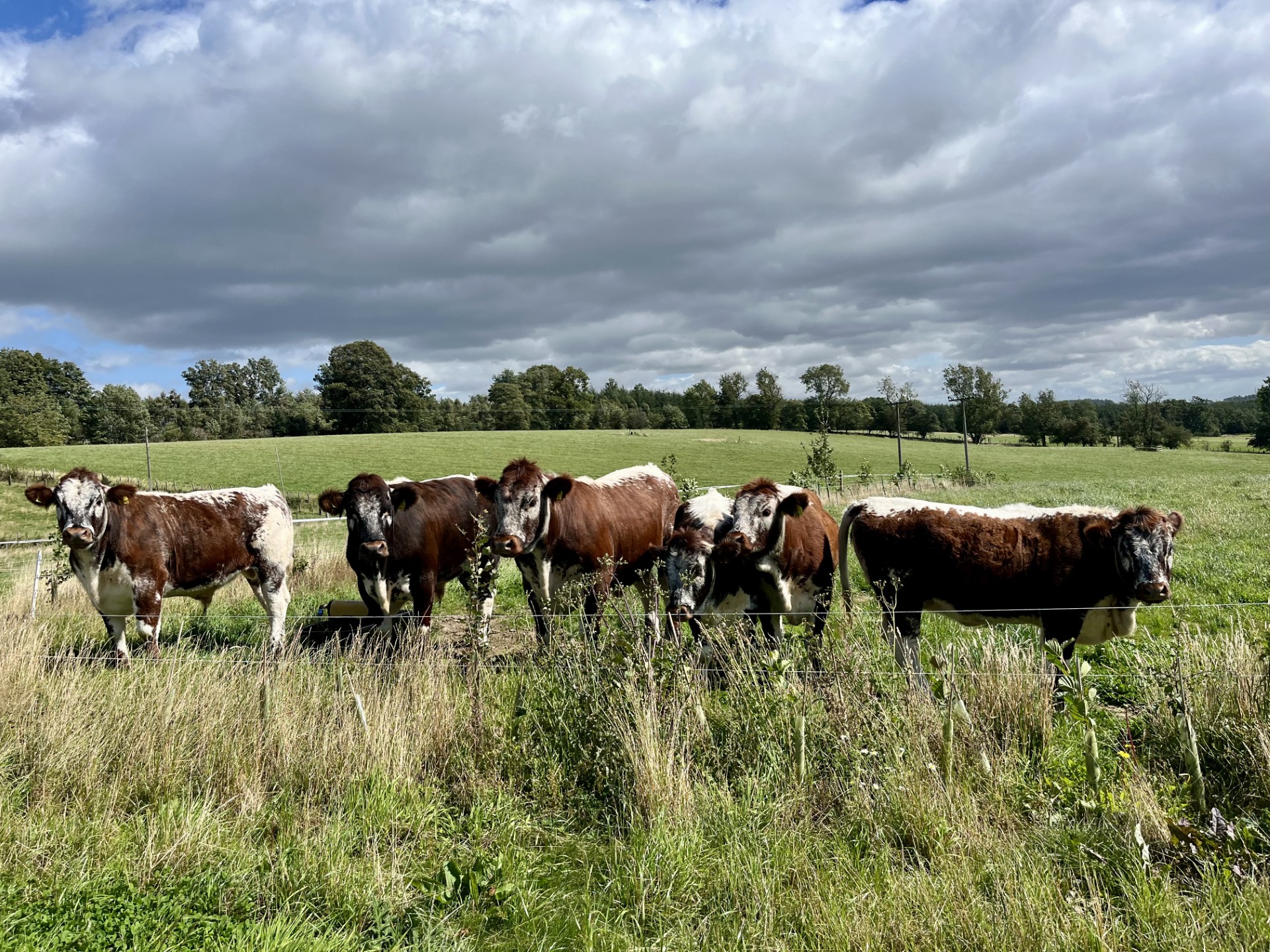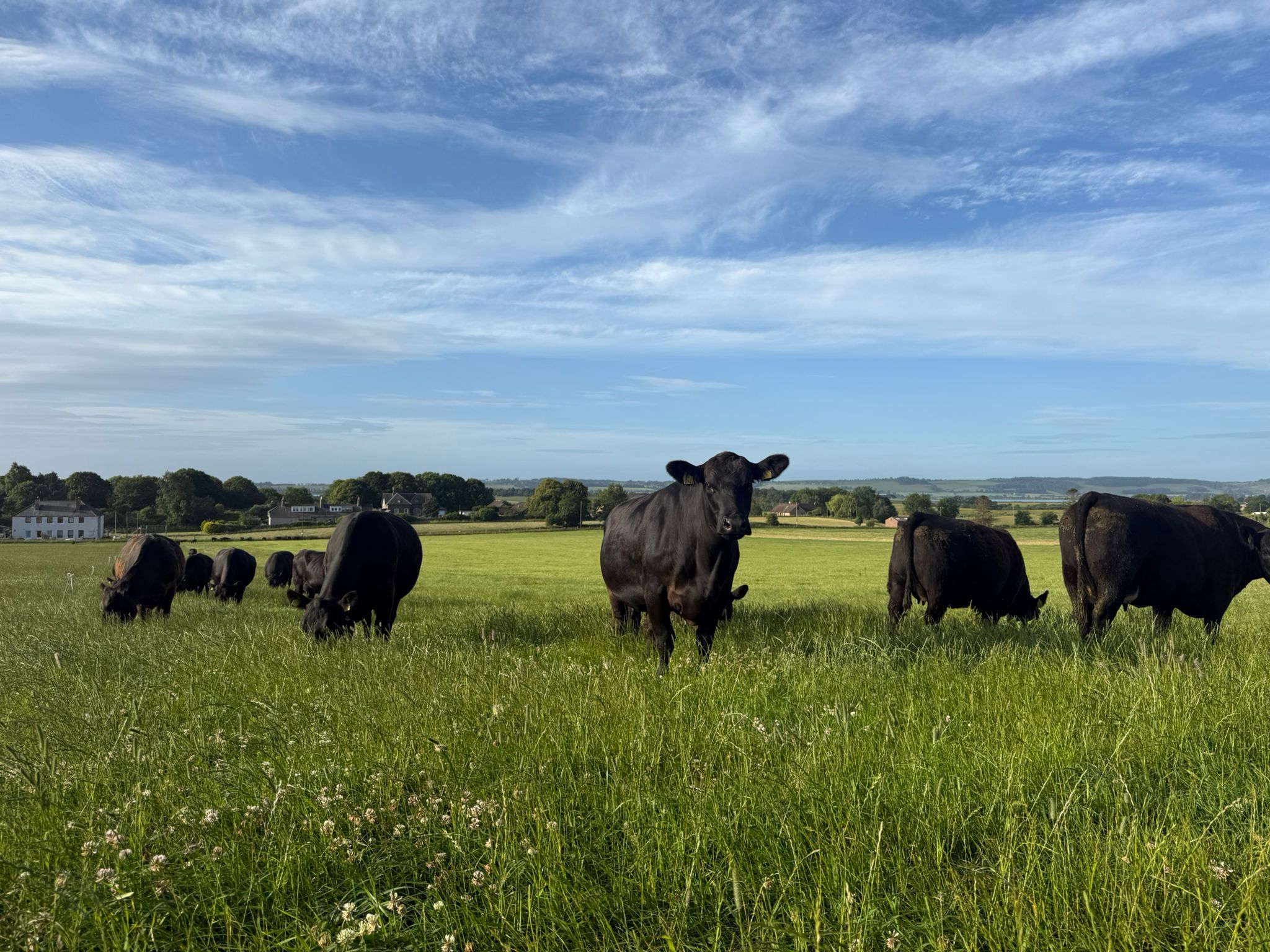Farm Newsletter October 2023
September continued where August left off with an abundance of wet grass, associated staggers risk and an abundance of parasitic challenges! Lungworm continues to bubble up and cause disease, even where there is no farm history of the problem. Gut worms have been identified as causing significant production impairment in both cattle and sheep and it looks as if liver fluke may be on the rise again after a few years of lower prevalence. Where last year our advice was that fluke treatment in many instances could be delayed, this year timely treatment and very careful monitoring is very much advised. Good parasite planning is likely to pay off this autumn!
September for us was relatively quiet but in the last few weeks things have started to get really busy again. The recent deluges have forced some peoples hand with regards to housing and cattle have started coming in on some units already. As such we are now busy with housing work – scanning and Johne’s blood sampling. If we get the opportunity to scan early we can be more accurate with dates and even pick up twins. On the sheep front the run up to breeding is now full swing with large batches of tup fertility testing being carried out most days. Because our diary is filling up fast please do try to arrange any routine work as far in advance as possible, though of course we will always do our best to find a slot that works for you.
If you would like to sign up to recieve these newsletters direct to your inbox, please use the link below.
Subscribe here – https://eepurl.com/irN7NY
Wormer Resistance
A word of warning regarding wormer resistance, as we have recently seen a number of cases. There has rightly been a lot of attention paid to this in the sheep industry in recent years but we are now seeing cases in cattle as well – typically in the ivermectin based pour ons and a few cases of triclabendazole flukicide also.
Wether in cattle or sheep it is always prudent to do a post-treatment worm egg count to ensure treatment has been effective. This is cheap, quick and easy and ensures any concern around resistance gets picked up and can be addressed early before it becomes a production limiting problem. The timing of the post treatment check will depend on species and product used so please give us a shout to confirm the most appropriate timing in your case.
Respiratory Vaccination
October is traditionally the month where vaccination against the primary agents responsible for calf pneumonia takes place. There is an ever increasing variety of products available to protect calves and every year sees a larger uptake as the cost benefits become apparent. Vaccination is only one part of the story however and careful management around weaning and housing is absolutely essential as is good parasite control. To discuss any aspect of this or to order vaccine please contact the surgery. We carry a reasonable stock of vaccine in Kirriemuir and Blairgowrie but some niche vaccines require a few days lead time.
Antibiotic Dispensing
Sustainable Farming Grants
A brief reminder about the availability of cash towards certain health interventions. There is up to £750 available this year and £500 next. We have so far completed very few forms, though we have carried out elligible work on most units. You have until the end of February to complete applications but if we get flooded with 100s of forms to sign on the last day in February we can’t gaurantee we’ll be able to complete them all! Please therefore do get forms into us ASAP once eligble work has been completed, to ensure your application goes smoothly.
If you have not yet carried out any eligble work please do get check what the options are and get in touch. As a brief summary, there is money towards:
Cattle:
- Semen sampling bulls
- Respiratory disease investigation
Sheep:
- Sheep scab testing
- Lameness investigation and advice
- Cull ewe screening
Cattle and Sheep:
- Liver fluke testing
- Gut worm testing
And when completing an application for any of the above you will receive a further knowledge transfer payment of £250 that could be “set aside” for use with health planning or any other knowledge development.


